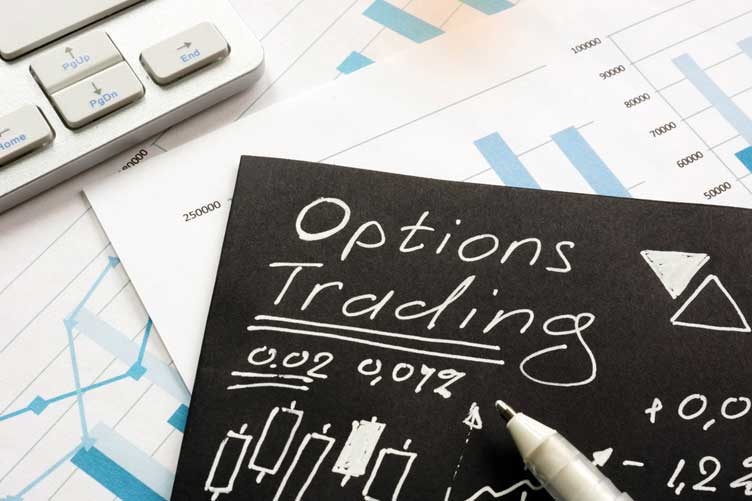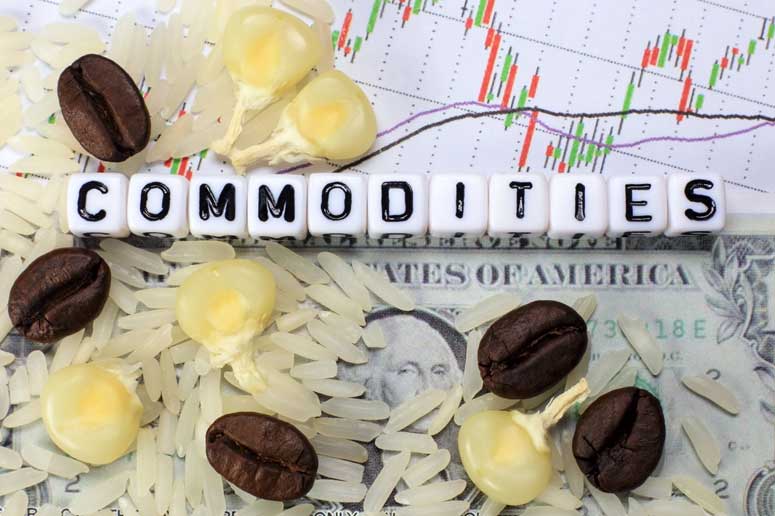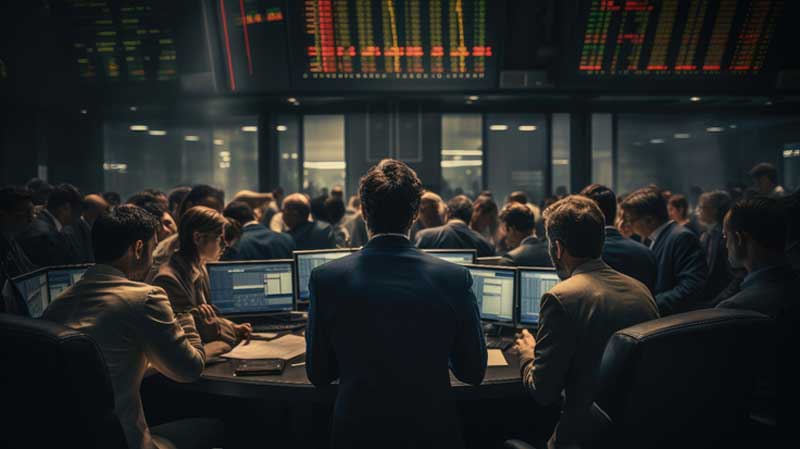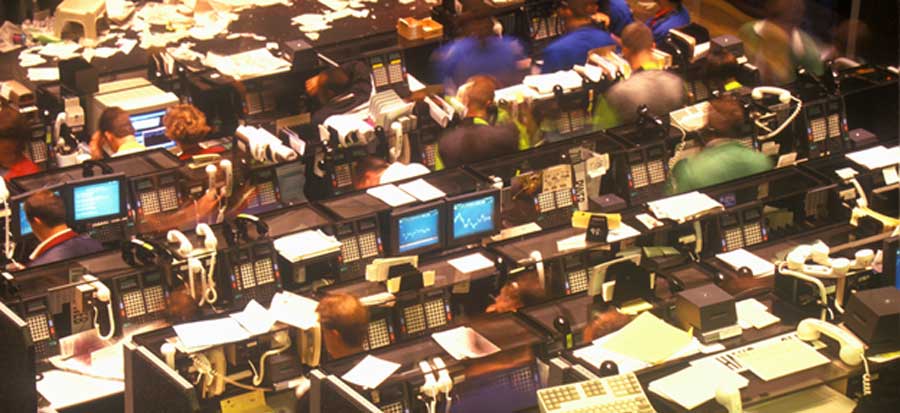Futures options specialists are financial professionals with deep expertise in the trading of options on futures contracts. These specialists possess a profound understanding of market dynamics, options valuation, and the various strategies traders can employ to capitalize on or hedge against the movements in the prices of underlying assets. A platform like E-Futures International is highly regarded for its exceptional client service with a 5-star rating on TrustPilot, futures options brokers often come with invaluable experience from the heart of futures trading – some even have backgrounds trading on the floor of the Chicago Mercantile Exchange, when trading was intensely executed in the pits. This experience provides them with an unmatched perspective on market movements and trading strategies.

Options on futures, or futures options, provide the holder the right, but not the obligation, to buy or sell a futures contract at a specified price before a certain date. This financial instrument combines the features of futures and options, offering both the leverage of futures and the risk limitation characteristic of options. Trading options on futures involves strategies that can be both complex and nuanced, providing traders with multiple pathways to potentially profit from the commodity markets.
Trading Strategies for Futures Options
Strangles
The strangle strategy involves purchasing an out-of-the-money (OTM) call and an OTM put option on the same futures contract, with the same expiration date but different strike prices. Traders use this strategy when they anticipate a significant move in the underlying asset’s price but are uncertain about the direction. If the price moves substantially in either direction, the trader can make a profit after covering the cost of both options. This strategy is favored for its ability to capture volatility with relatively lower upfront costs compared to a straddle.
Straddles
A straddle is similar to a strangle in that it involves buying a call and a put option on the same futures contract with the same expiration date. However, both options have the same strike price, typically close to the current price of the underlying asset. This strategy is employed when a trader expects a significant price movement but is unsure of the direction. Straddles are more expensive than strangles due to the higher likelihood of profit with smaller price movements.
Credit Spreads
Credit spreads involve selling an option (call or put) at a certain strike price while simultaneously buying an option of the same type (call or put) at a further out-of-the-money strike price. The trader receives a net credit (income) for the trade. The goal is to benefit from the time decay of options, with the trade becoming profitable as long as the price of the underlying asset does not move beyond the strike price of the sold option. This strategy limits potential losses but also caps potential gains, making it suitable for more conservative traders.
Diagonal Spreads
Diagonal spreads are an advanced strategy combining the elements of time spreads and vertical spreads. A trader buys a long-term option and sells a short-term option, both of which are either calls or puts but with different strike prices and expiration dates. This approach aims to profit from the difference in time decay rates between the short-term and long-term options, as well as potential movements in the underlying asset’s price. Diagonal spreads can be adjusted according to market conditions and forecasts, offering flexibility to the trader.
Butterflies
The butterfly spread is a more complex strategy that involves three strike prices. A trader combines selling two options at a middle strike price with buying one option at a lower and another at a higher strike price, all with the same expiration date. This can be constructed with either calls or puts. The butterfly spread is designed to profit from low volatility in the underlying asset, with maximum profit achieved if the futures price is at the middle strike at expiration. It is a limited risk, limited reward strategy, ideal for traders with a specific price target in mind.
Condors
Similar to the butterfly, the condor spread involves four options at four different strike prices. The strategy combines a lower strike long option, two middle strike short options, and a higher strike long option, all with the same expiration date. The condor is used to capture smaller movements in the underlying asset’s price, with limited risk and limited potential profit. It is best suited for markets or situations where significant price movement is not anticipated.
The Role of Futures Options Specialists
Futures options brokers at platforms like E-Futures International bring a wealth of knowledge and experience to the table, aiding traders in navigating the complexities of futures options trading. Their background, especially those with experience from the trading floors of exchanges like the Chicago Mercantile Exchange, provides them with a unique understanding of market sentiment, order flow, and the intricacies of various trading strategies.
These options brokers can offer invaluable advice on selecting the right strategy based on current market conditions, risk appetite, and financial goals. Whether advising on the nuanced adjustments needed for a diagonal spread or the precise timing for entering a straddle or strangle, their expertise can often make a difference.
In conclusion, trading options on futures contracts requires a sophisticated understanding of both the underlying commodity markets and the complex mechanisms of options trading. Strategies like strangles, straddles, credit spreads, diagonal spreads, butterflies, and condors each offer unique opportunities and risks, tailored to different market views and trader objectives. Futures options specialists, especially those with the rich experience of trading on the floors of major exchanges, are excellent resources for traders looking to navigate these waters. At platforms like E-Futures International, traders have access to this high level of broker expertise, support, and guidance, trying to ensure they are well-equipped to make informed trading decisions in the dynamic and risky world of commodity options trading.
Ready to start trading futures? Call US 1(800)454-9572 – Int’l (310)859-9572 email info@e-futures.com and speak to one of our experienced, Series-3 licensed futures brokers and start your futures trading journey with E-Futures.com today.
Disclaimer – Trading Futures, Options on Futures, and retail off-exchange foreign currency transactions involves substantial risk of loss and is not suitable for all investors. Past performance is not indicative of future results. You should carefully consider whether trading is suitable for you in light of your circumstances, knowledge, and financial resources. You may lose all or more of your initial investment. Opinions, market data, and recommendations are subject to change at any time.
**This article has been generated with the help of AI Technology. It has been modified from the original draft for accuracy and compliance reasons.
***@cannontrading on all socials.









